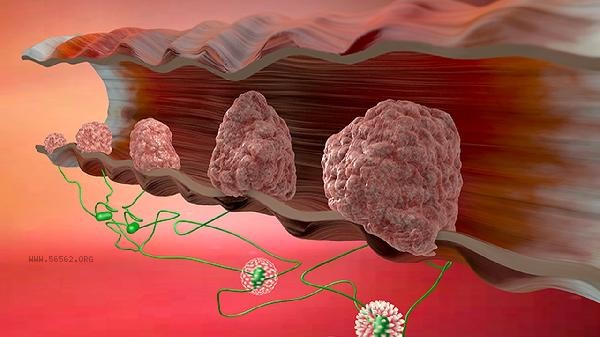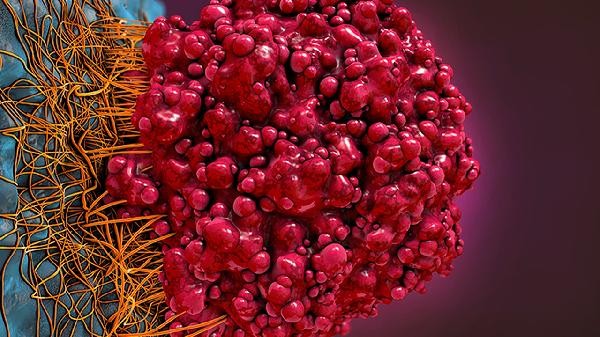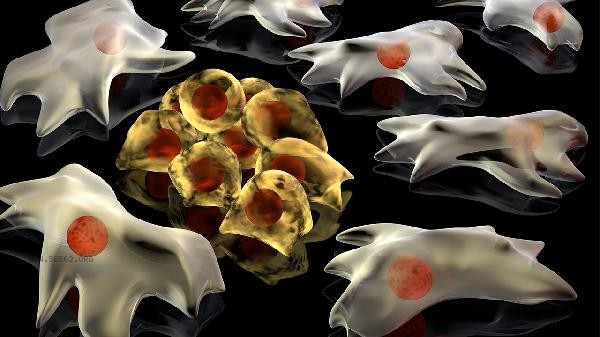Monocytes can transform into macrophages. This process is an important function of the immune system, mainly completed through the migration of monocytes to tissues and differentiation. Influencing factors include local microenvironment, cytokine signaling, pathogen stimulation, tissue damage repair needs, and degree of inflammatory response.

1. Differentiation mechanism:
Monocytes survive for 1-3 days after entering the bloodstream, and under the guidance of chemokines, they penetrate the vascular wall and enter the tissue. They differentiate into macrophages under the signal of macrophage colony-stimulating factor and other factors. This transformation involves a series of biological changes such as changes in cell morphology, increased lysosomes, and enhanced phagocytic function.
2. Microenvironment influence:
Different tissue microenvironments can induce monocyte differentiation into specific functional subtypes. The alveolar microenvironment promotes the formation of alveolar macrophages, the liver microenvironment induces Kupffer cell differentiation, and the central nervous system promotes the maturation of microglia, demonstrating high tissue adaptability.
3. Cytokine regulation: The

transformation process is precisely regulated by multiple cytokines. Interferon gamma promotes the differentiation of classical activated macrophages, interleukin-4 induces the formation of alternative activated macrophages, and transforming growth factor beta participates in regulating macrophage development, forming diverse subpopulations of cells with different functions.
4. Pathological activation:
During infection or trauma, monocytes accelerate their aggregation and transformation towards the lesion. Bacterial infection promotes differentiation into bactericidal macrophages, parasitic infection induces the formation of reparative macrophages, and the tumor microenvironment leads to the production of immunosuppressive macrophages, reflecting pathological demand orientation.
5. Functional transformation: Macrophages transformed by
acquire novel biological characteristics. The antigen presentation ability is increased by 10-20 times, the phagocytic efficiency is increased by 5-8 times, the lifespan is extended to several months, and nearly a hundred active substances can be secreted, playing a core role in immune defense and tissue homeostasis maintenance.

Maintaining a balanced nutrient intake helps support the normal function of monocytes, and vitamins A, D, and zinc are particularly important for cell differentiation. Regular aerobic exercise can promote monocyte circulation renewal, and moderate intensity exercise for 30 minutes three times a week can optimize immune function. Adequate sleep ensures normal proliferation and differentiation of hematopoietic stem cells, and it is recommended to maintain 7-8 hours of high-quality sleep daily. Avoid long-term exposure to high concentrations of air pollutants, as PM2.5 exposure may interfere with monocyte differentiation processes. Regular physical examinations should pay attention to changes in blood routine and monocyte count. If there is an abnormal increase or decrease, timely medical attention should be sought to investigate the cause.









Comments (0)
Leave a Comment
No comments yet
Be the first to share your thoughts!